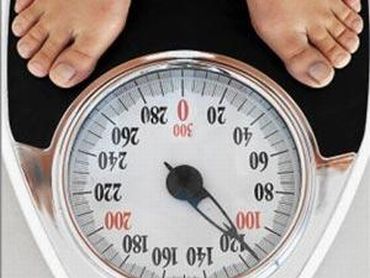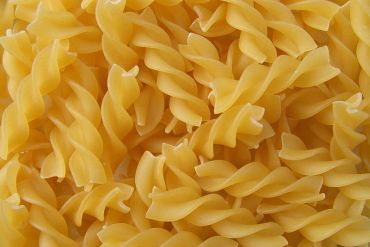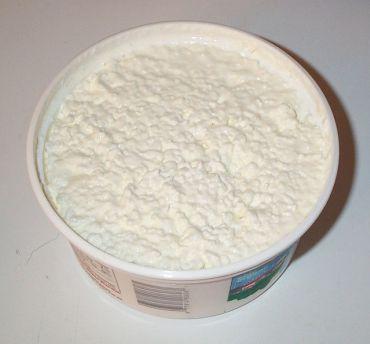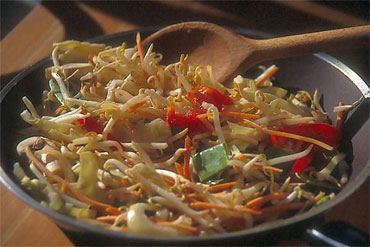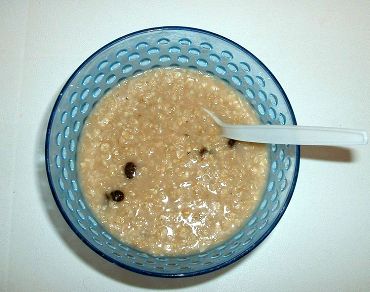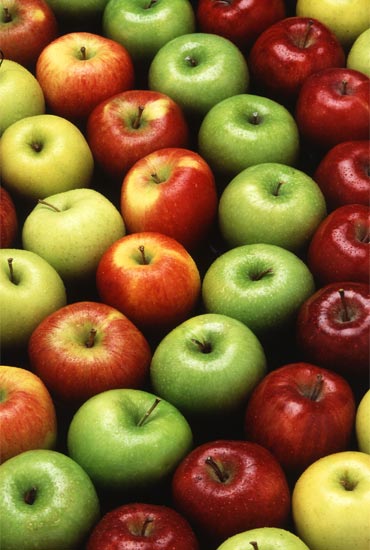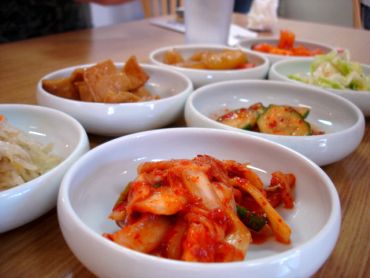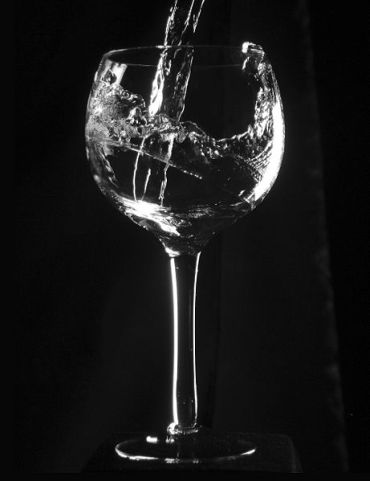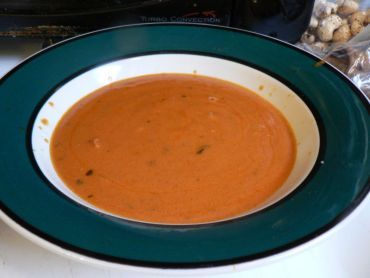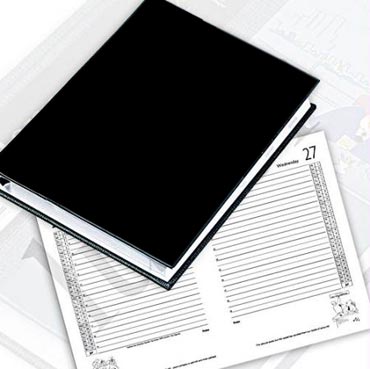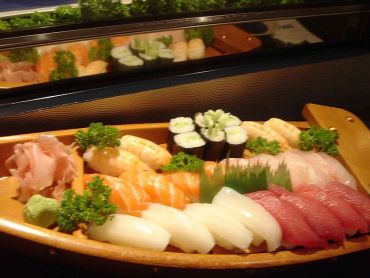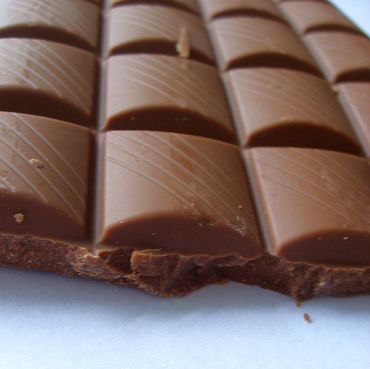 | « Back to article | Print this article |
Make weightloss permanent! Here's how
Diets may help you lose weight, but once you've gotten rid of it, how do you keep it off?
It's easy to lose weight quickly -- most commercial diets in the market help shave off the pounds.
However, this is not permanent weightloss -- most dieters regain it within a few months. Permanent weightloss only comes when there is a change in eating habits for the long term, a change that allows the body to burn excess fat permanently. After all, we don't usually become overweight within a few months -- it takes years.
Set your goals
You probably already have an idea of what your ideal weight should be, but have you thought about your waist circumference, waist-to-hip ratio or BMI? Your body mass index should be 25 or less (23 or less if you are Indian). Higher than 25 is considered overweight.
To be healthy, women should keep the circumference of their waist at 35 inches or less and waist-to-hip ratio at 0.8 or less. Men should have a waist of 40 inches or less and a waist-to-hip ratio of 0.95 or less.
Striving to look like an underwear model is not a realistic goal for a lot of people. Goals like these also encourage rapid weightloss and crazy fad diets. Setting realistic goals and making lifestyle changes encourage slow but steady weightloss, which you are more likely to maintain in the long run.
Opt for gradual weightloss
Whether you use a weightloss diet or weightloss pills, for safe, lasting effects, don't lose more than 1 kg (around 2 pounds) per week.
The biggest drawback of rapid weightloss is that you're far more likely to regain the weight. People who shed pounds quickly typically rely on extreme exercise programmes or very low-calorie diets, which are tough to maintain for more than a few weeks.
Rapid weightloss also involves losing fluid, which can be dangerous if you're engaged in serious exercise. Often, those who quickly lose a lot of weight rebound to a higher weight.
Reduce your intake of carbs
The consumption of high-GL (Glycemic Load) carbohydrates leads to a desire for more carbohydrates. Eating a low-carbohydrate, low-GL diet will help you control your appetite and decrease cravings. You'll feel full sooner, you'll find it far easier to stop eating once you're satisfied and you'll find yourself less hungry between meals.
If you are trying to lose weight, it is recommend to keep your total carbohydrates under one-sixth of your calories and eliminate all high-GL carbohydrates such as sugary foods, pastas, and breads.
Use the benefits of protein
Protein has been shown to have appetite suppressive benefits. Eating a little high-quality protein for each main meal can help cut down the appetite and suppress cravings. Protein is also essential to maintain lean muscle mass for optimum metabolic rate.
Make fibre your friend
Fibre is incredibly important when it comes to weight management. There are three reasons for this:
- Fibre-rich foods generally take longer to chew, meaning you'll eat slower and probably eat less.
- They take longer to digest, which means more time will pass before you feel hungry again.
- Putting fibre in your stomach is like eating a sponge; it soaks up the surrounding water, making you feel fuller. Strive for 25 to 35 gm of fibre every day.
Breakfast
A good start to the day would be a bowl of high-fibre cereal with a banana or yoghurt. If there is no time in the morning, then a healthy cereal bar is better than nothing at all. It's so hard to achieve permanent weightloss when breakfast is never part of the daily eating plan!
Snacks
A piece of fruit in the morning and afternoon helps keep blood sugar level under control; this may even help limit hunger pangs, especially if fruit is eaten 30 minutes before a meal. Fruit contains very few calories, so it's possible to snack on your favourite fruit all day.
Portion control
For permanent weightloss, it's important to control portion size at every meal. Three roast potatoes, meat larger than a pack of cards or a plate full of pasta is too big a portion size. If you are suffering from crippling hunger pains then fill up on a large bowl of salad or vegetables first. Drinking a small glass of water 30 minutes before serving dinner may also help.
Drink more water
One of the best weightloss secrets is to ditch the sweetened soft drinks and stick to water! Experts say you should drink approximately eight glasses of water a day to stay hydrated and healthy. Instead of turning to calorie-laden or sugar-rich drinks, grab a refreshing glass of water. In addition to flushing toxins out of your system, drinking water encourages you to build muscle.
Eat more meals
A traditional three-meals-a-day plan just will not cut it if you are in the market to burn fat. Your body is not able to metabolise large meals and will quickly turn any excess into fat. Many experts believe you should eat six small meals a day. Be sure you cut back on your food consumption at each meal, or else you will be doubling your intake -- and doubling your fat storage!
Physical activity is essential for weightloss
It's nothing new, but physical activity is probably the most important predictor of whether you will succeed at longterm weightloss and weightloss maintenance. In order for exercise to be helpful with weightloss, you should strive for a minimum of five 30 minute sessions per week.
Cross-train for great results
A great training method to add variety to your cardio routines is to use cross-training. Cross-training allow you to switch between multiple forms of exercise in one session. This keeps your routine fun and also burns extra calories by adding more intense styles of cardio exercises.
Stay motivated and keep track
Short-term goals usually don't work as well as goals like wanting to feel more confident or wanting to become healthier for your children's sake. Keep a food journal or weigh yourself regularly. Find and use tools that help keep you motivated. Stay focused: when frustration and temptation strike, concentrate on the many benefits you will reap from being healthier and leaner.
Avoid rapid weightloss diets
Diets that promise rapid weightloss should be avoided. Initially, they give you tips to drop a few pounds, but in the long run they are very difficult to follow. Often, they are very demanding and they do not provide necessary nutrients to the body.
Such diets promise rapid weightloss by suggesting that some foods 'can burn fat quickly'. They usually promote one or two foods, have many rules on how and what to eat and overall, they seem too good to be true.
Reward yourself
When it comes to successfully dieting to burn the most fat, be sure to reward yourself. Everyone has temptations and favourite treats -- so allow indulgence. You will be less likely to cheat on your new diet if you grant yourself small rewards. If you are a chocolate lover, treat yourself to a small square of chocolate each evening.
If you're ready for weightloss but fear you'll become discouraged quickly, think toward the future. As you become more physically active and make dietary changes, you'll feel better and have more energy. And rather than thinking of weightloss as short-term drudgery, view it as an enjoyable, permanent lifestyle change.

